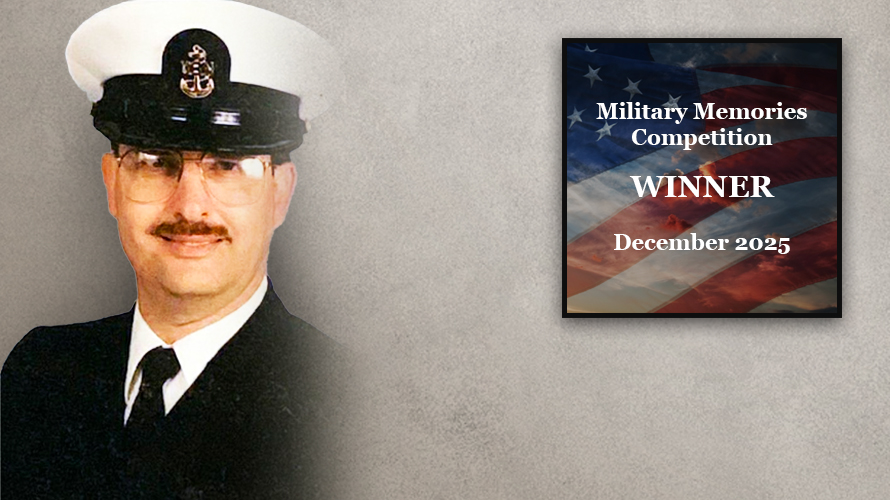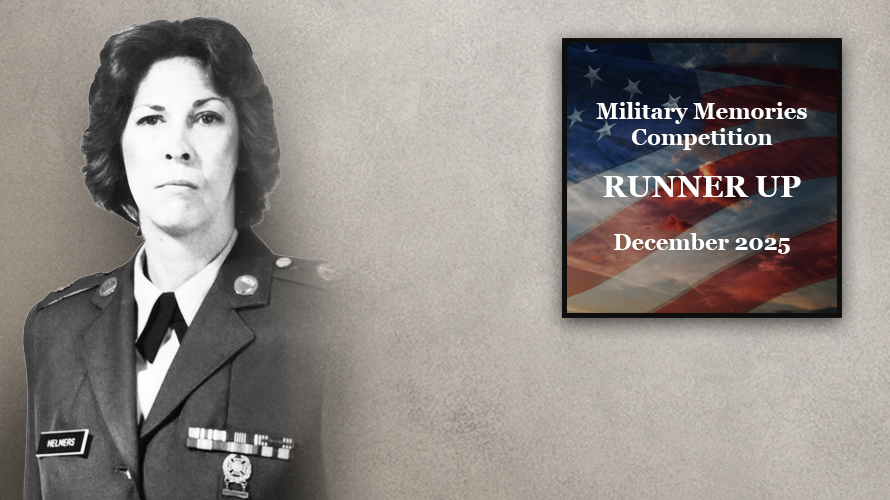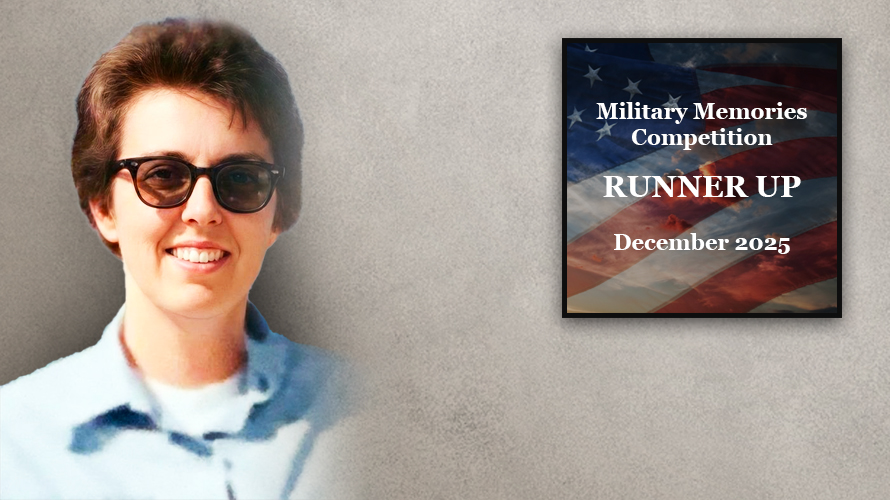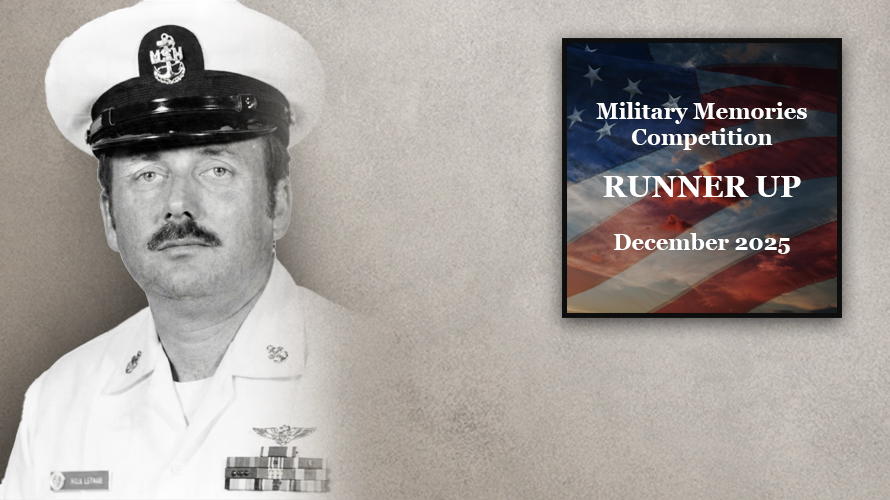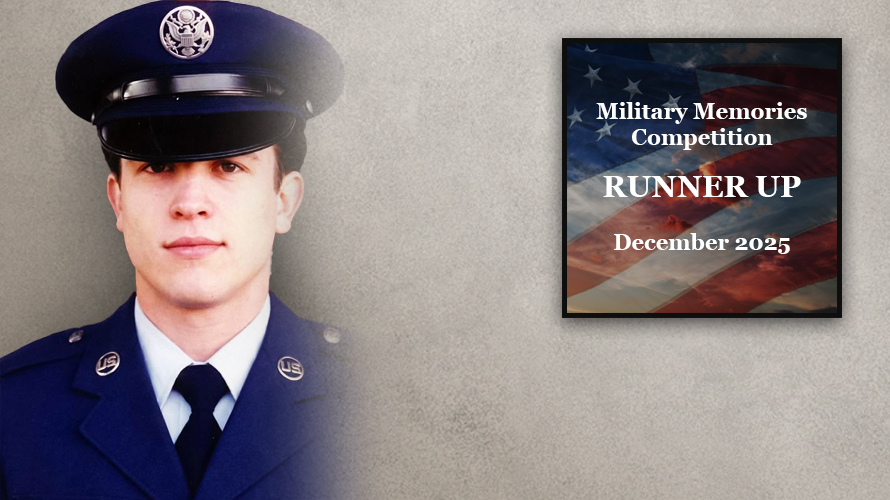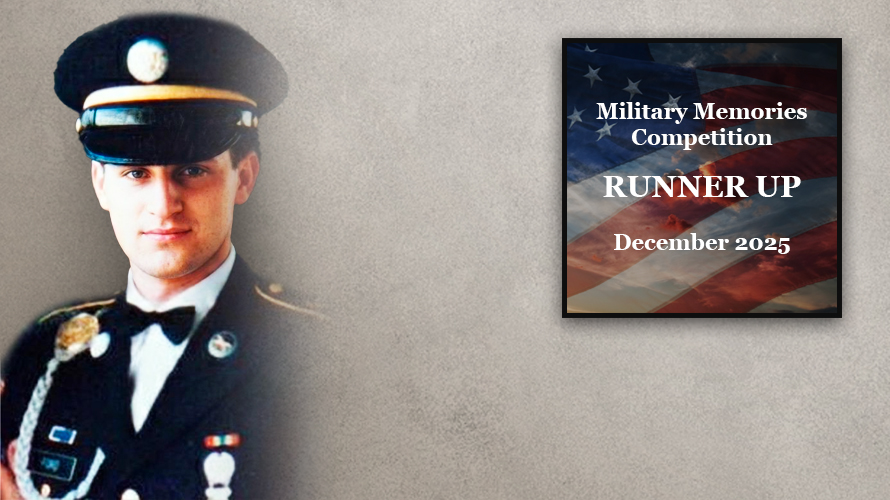Did Any of Your Children Follow Your Footsteps into Military Service? If so, Which Branch Did They Join, What Career Path Did They Take, and What Were Some of Their Most Notable Achievements?:
A Navy Father and an Army Son. Yes—one of my children did follow my footsteps into military service. My son, Mark, chose a different path, but one just as meaningful. After growing up for 20 years as the son of a Navy man, he decided the Army was the right fit for him. I was serving as an active-duty Navy officer when Mark made his decision. One of the proudest moments of my life came in 1981 at an Army Recruiting Station in Fresno, California, when I had the honor of administering the oath of enlistment to my own son. Watching him raise his right hand and swear to serve our country was a powerful reminder that service is not only a profession, but a legacy.






